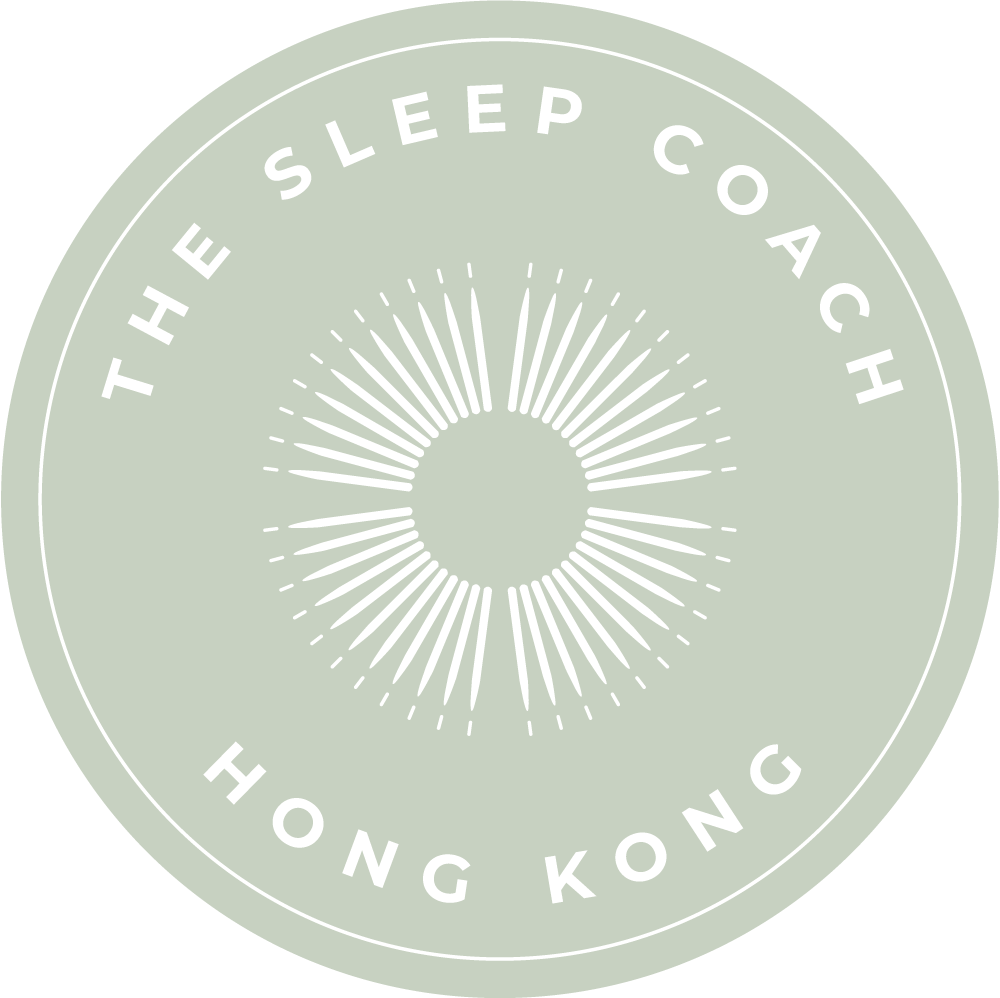Do you wake after 4 or 5 hours unable to go back to sleep?
- thesleepcoachhongk
- Aug 13
- 2 min read
This is a problem that I see a lot, particularly in those that have fast paced lives or work in roles that are high pressured and stressful.
At the beginning of your sleep, your body will always prioritise deep sleep also known as slow wave sleep. This stage is particularly important as we will experience physical recovery, immune system support, growth, regulate blood sugar and memory consolidation. If you were to be woken during this time you would likely experience sleep inertia where you may feel disorientated and very groggy.
All sleep stage are important and essential for our brains and bodies to repair and regenerate. However, after 4-5 hours, we have likely experienced the majority of our deep sleep which moves us into lighter phases of sleep. (See image below as an example - please note this will vary from person to person.)

For those that have higher cortisol levels (stress hormone) you are likely to wake at the time you move into your lighter sleep phases. Unfortunately, some people struggle to fall back to sleep at this point or maybe not at all. This can cause anxiety and could potentially begin to trigger sleep related anxiety if it persists for too long.
If you experience heightened cortisol, your body is responding the same way as if you were in an unsafe environment and circumstance. It is a survival response that keeps us awake and alert to be sure there is no tiger in the room looking to hurt us or our loved ones. The difficulty is, this cortisol peak is now caused from emails and work calls and not predators!
If this is something that you are experiencing, it is important to consider the causes of your heightened cortisol levels to try to eliminate or lower it. You can also look at ways to increase your serotonin levels to create balance.
We can increase serotonin through natural daylight exposure, exercise and tryptophan rich foods. A positive lifestyle change to live a healthier and less stressful life is also necessary.
For 1:1 support, you can book an online or in person consultation with me! Please reach out via email to schedule.
Gemma Fisk
Sleep Therapist

Comments